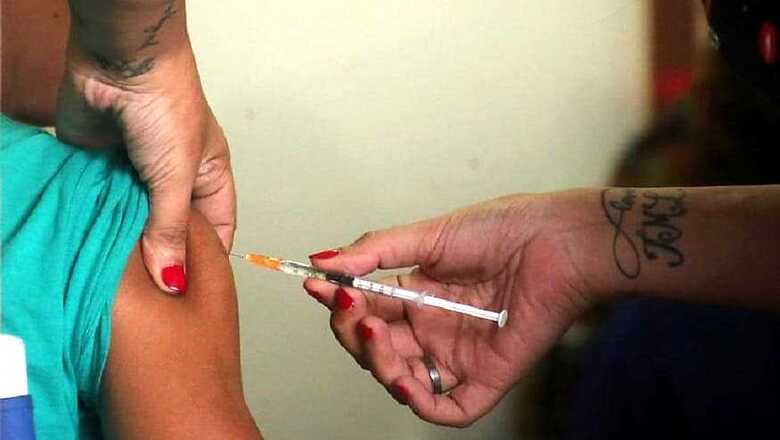
views
Mosquito-borne disease dengue fever, which is a monsoon disease, can be fatal in nature if not diagnosed on time and treated properly. However, there is no approved vaccine to combat this kind of fever, which generally occurs in tropical or sub-tropical climate.
However, a vaccine called Dengvaxia was previously discovered to combat dengue. As per report by ScienceMag.org, around 1 million children in the Philippines had received this vaccine against dengue. But a controversy revolving around the vaccine began to emerge. A French drug based vaccine maker Sanofi Pasteur made a statement that the vaccine poses higher risks to people without prior dengue infection. Now, the public health experts are concerned about those children who were given this vaccine.
Critics of the Dengvaxia say that researchers should try to identify those at increased risk of harm, which might save their lives. But the agency reported that Sanofi Pasteur has no plans to conduct a big, complex study, although it is following the fate of 1 million children vaccinated for 5 years.
“I’m pretty alarmed by the lack of interest,” says retired dengue researcher Scott Halstead, who worked at the Uniformed Services University of the Health Sciences in Bethesda, Maryland. Halstead has also calculated that due to the earlier vaccination with Dengvaxia, some 500 Filipino children could develop severe dengue, annually.
A study says that danger stems from the fact that the dengue virus has four distinct variants, or serotypes. Halstead had earlier studied that people who had antibodies against one serotype had a much higher risk of developing life-threatening diseases, including shock or hemorrhagic fever, if they later became infected by a second serotype.
In November 2017, Sanofi announced that new statistic showed that seronegative children who were vaccinated had an increased risk of severe disease regardless of their age. Sanofi and the World Health Organisation (WHO) immediately recommended that Dengvaxia not be used in seronegatives at all.
A study in 1500 children who received Dengvaxia on the island of Cebu in Philippines might offer some clues about Dengvaxia’s risks. For the study, which has been partially funded by the US National Institutes of Health (NIH), the researchers took blood samples before vaccination began, so that they can determine who was seronegative. But because dengue incidence on Cebu is high, less than 200 children in the study are likely to have escaped earlier infections. That will make ADE, an unusual immune phenomenon, hard to detect, says In-Kyu Yoon, who heads the Global Dengue & Aedes-Transmitted Diseases Consortium in Bethesda and is a consultant to the study. “If there are a lot of cases over a short period, there might be some signal,” Yoon says.
It has also been said that Dengvaxia can still potentially benefit a sample population if it’s carefully chosen. That’s why the US Food and Drug Administration on May 1 approved the vaccine with tight restrictions, limiting its use to children between the ages of 9 and 16 who have laboratory evidence of a prior dengue infection and live in areas where the virus is endemic.













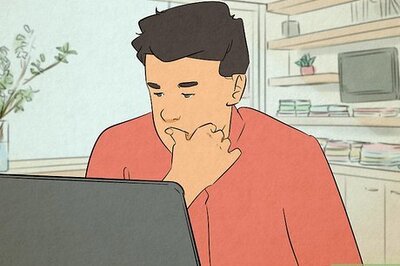
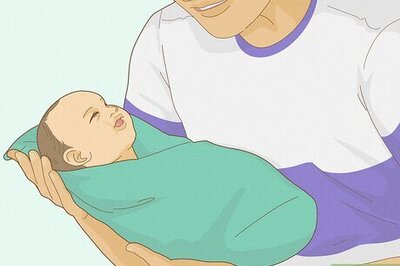
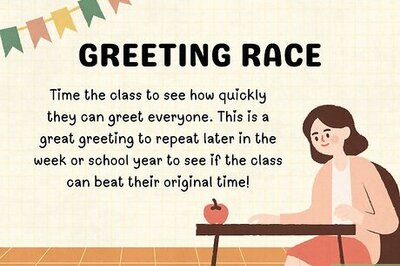


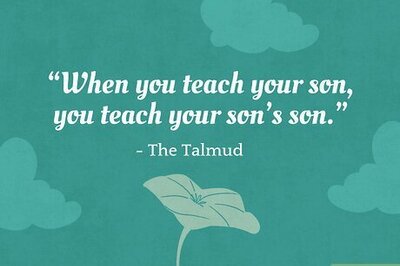
Comments
0 comment